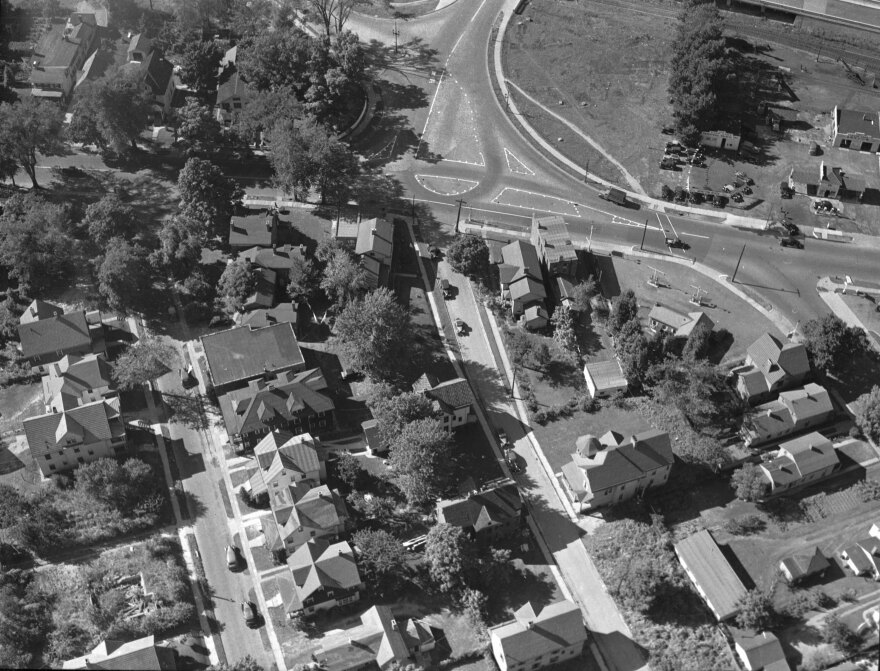Area teachers have a new resource to help them map out lesson plans on local history — and illustrate how racist policies of the past shaped neighborhoods in and around Rochester.
The Resistance Mapping project includes interactive, street-level maps; lesson plans; and other resources that describe racial covenants and red lining, show the indelible effects of segregation, and highlight notable events along the way. Those events, as the name implies, include efforts to overcome or overturn those restrictions.
“One of the things we really tried to do with the maps and the different layers was really allow students to connect it directly to where they live,” said Whitney Sperrazza, who helped lead the project.
“They can zoom in on the map and say, ‘That's my street.’”
The project is a collaboration of Rochester Institute of Technology and the University of Rochester, and it builds on the work of the local Antiracist Curriculum Project. It was funded through the PathStone Foundation with support from a number of local foundations.
Sperrazza is an assistant professor in RIT’s College of Liberal Arts.

Lesson plans with teacher instructions, handouts, and other materials are available starting at the fourth-grade level. The plans offer a week-long series with lessons that build on one another.
"So much of (the curriculum) — especially history curriculum — at those grade levels is really abstracted,” Sperrazza said. “It's sort of general U.S. history. And it's hard for them to feel the stakes of it.”
The project exists as “a living, digital archive” that not only documents the history of racist policies affecting housing and other matters but explores "how Rochester’s current segregation emerges from that history.” Project leaders made a concerted effort to include past and present activism and other materials to provide a more wholistic view of the situation.
But this really is a jumping-off point, officials said, prompting students to explore hiring practices and other areas.
“They're training teachers constantly now, even across New York state,” Sperrazza said. “And the trainings are huge. ... The project is being introduced to, you know, hundreds of teachers at a time.”
Kesha James is co-executive director for the Antiracist Curriculum Project and has led those trainings.
“What I hear a lot is that they just needed resources,” she said in a news release announcing the program. “They needed something they could build off of .... Oftentimes you’ll find really great resources, but they’re password protected or you have to pay in order to view it. With this, it’s free and open to the community. We don’t want to gate keep any of this information.”
In the coming months James and her team will take ownership of the Resistance Mapping website.



